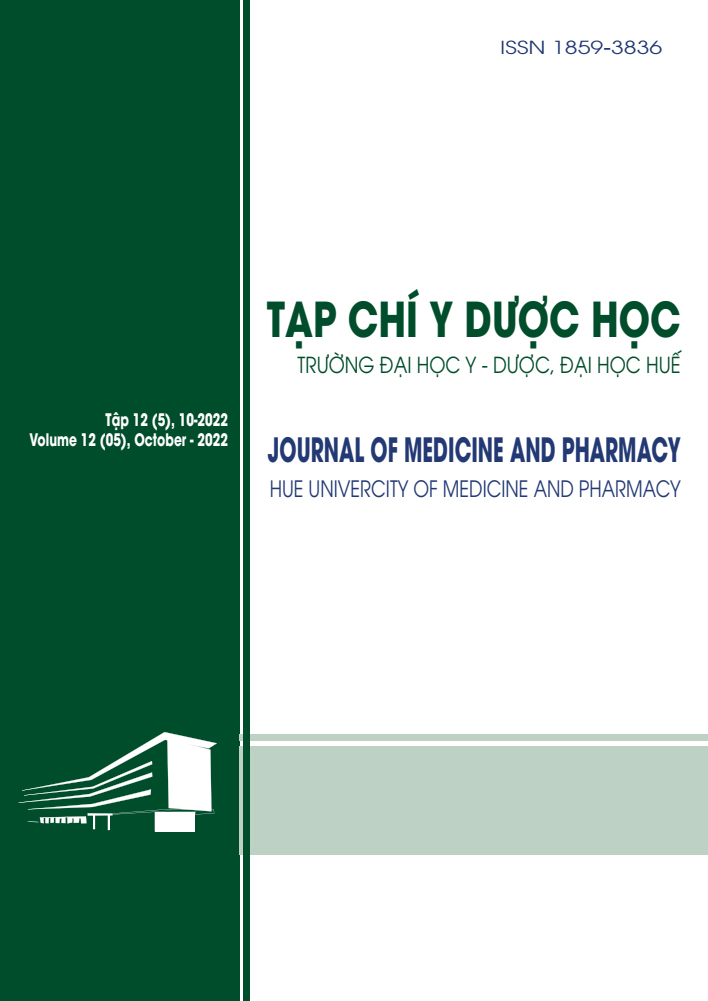
Tạp chí Y Dược học - Vol 1. No. 1 năm 2012
Huynh Hong Quang et al.
2012 - Vol 1. No. 1, trang 216
Huynh Hong Quang et al.. (2012). Efficacy of artesunate monotherapy and artemisinine-based combination therapies (acts) in the treatment for uncomplicated falciparum malaria in some central and west-highland provinces, Vietnam. Tạp chí Y Dược học, , 216.




Tạp chí Y Dược học thuộc Trường Đại học Y Dược- Đại học Huế được phép hoạt động báo chí theo giấy phép số 1720/GP-BTTTT ngày 15 tháng 11 năm 2010 và được Bộ Khoa học – Công nghệ cấp mã số ISSN 1859-3836 theo Quyết định số 009/TTKHCN-ISSN ngày 22 tháng 03 năm 2011
tcydhue@huemed-univ.edu.vn
0234-3824663
© 2010-2023
Tạp chí Y Dược học .
Cơ quan chủ quản: Trường Đại học Y-Dược Huế
Giấy phép xuất bản bản in số 1720/GP-BTTTT ngày 15/11/2010 của Bộ Thông tin và Truyền thông